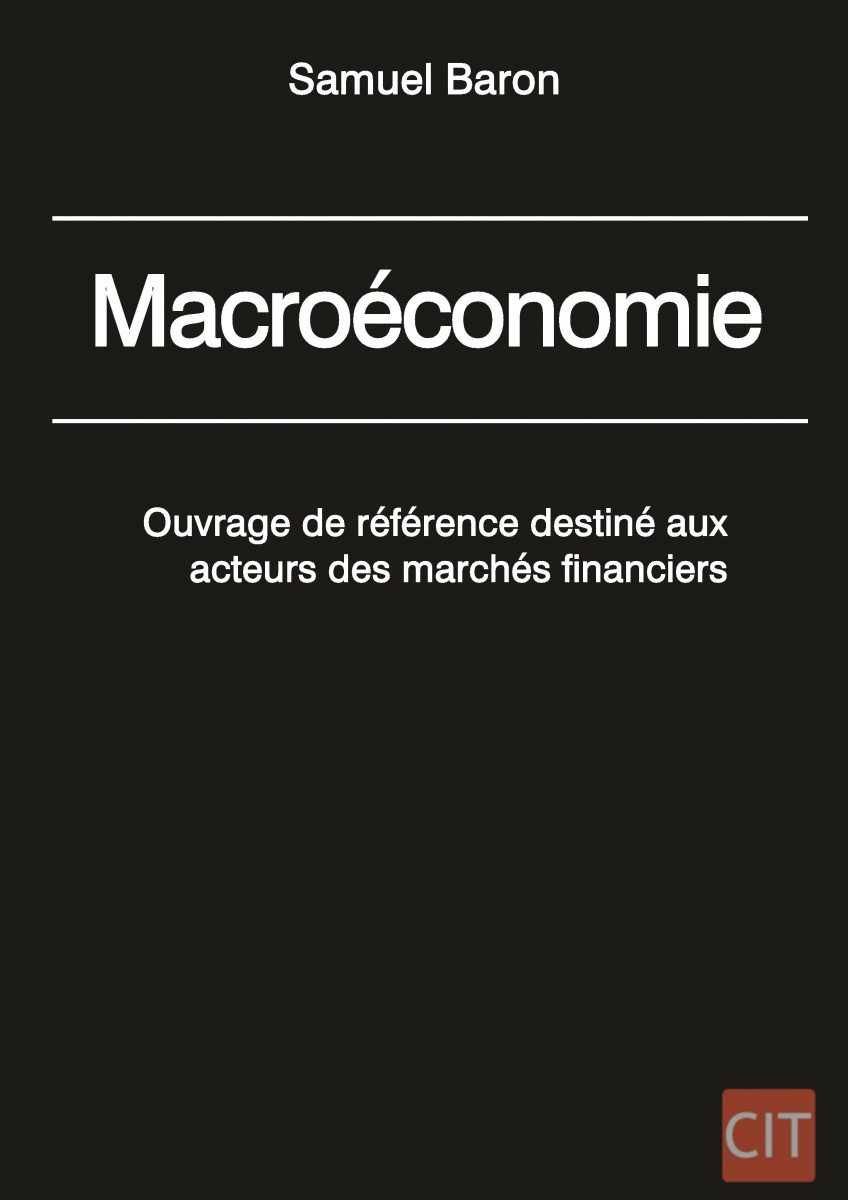Macroeconomics for traders

Course context
Any investment, regardless of its term, assumes a good understanding of modern theories of economic cycles. Even if the economy has always been a fascinating discipline, it is difficult to find an era as extraordinary as ours throughout all of history.
One only needs to think of the major economic questions of the day, such as The United States’ considerable budget deficit, global warming, the debate concerning the exhaustion of natural resources, the search for new energy sources, the right to healthcare, world poverty, The United States’ Social Security reform, outsourcing of business activity, changes in competition and regulation in the age of the internet, the protection of intellectual property in a world of data with poorly-restricted downloading… and the list is far from over.
To understand the nature of these questions, the major tools of economic theory are irreplaceable. Economists have made considerable progress in the understanding of decision-making processes of individuals and companies, whether it is a question of buying or selling, whether or not one should save, or how one chooses to invest their money. This progress changes the way that states conceive their economic politics, whether it’s a concern for protecting the environment, developing educational practices, or accounting for changes brought by technological innovation or the globalization of the economy.
If the courses on major economic principals have always been popular with students of economy and management, they have become even more essential today for those who wish to correctly understand the major problems that the economy faces. It is in keeping with this idea that we created the course for the trading program.
We outline the five key ideas of modern economics: Arbitrage, incentives, exchanges, creation, and distribution. However, economic research is constantly developing, and this information must be presented to students. One of the defining characteristics of the course is that it is designed to offer students a more finely developed and larger perspective on economic information. The course also explores new developments in behavioral economics.
In the first part of the course, we examine the econometric methods used to define economic cycles.
In the second half, different modern theories that seek to explain characteristics of each cycle are explored.
The course is essentially based on class notes, which are distributed to the students, including diverse articles on the subjects at hand written by our faculty.
Contenu du module
 Macroeconomic analysis and economic perspectives
Macroeconomic analysis and economic perspectives- Presentation of fundamental points in macroeconomics
- Measuring production and unemployment
- Cost of living and inflation
- The model of full employment
- Public finance and full employment
- Open economics and balance of full employment
- Growth and productivity
- Currencies, price and centralized banking
- Introduction to the analysis of macroeconomic fluctuation
- Global expenditure and national revenue
- Global demand and inflation
- The Federal Reserve and interest tax
- The role of macroeconomic politics
- The international financial system
- Economic politics in an open economy
- Economics of development and transition
- Inflation and unemployment
- Major debates within macroeconomic politics
- Introduction to investment decision










 All rights reserved.
All rights reserved.